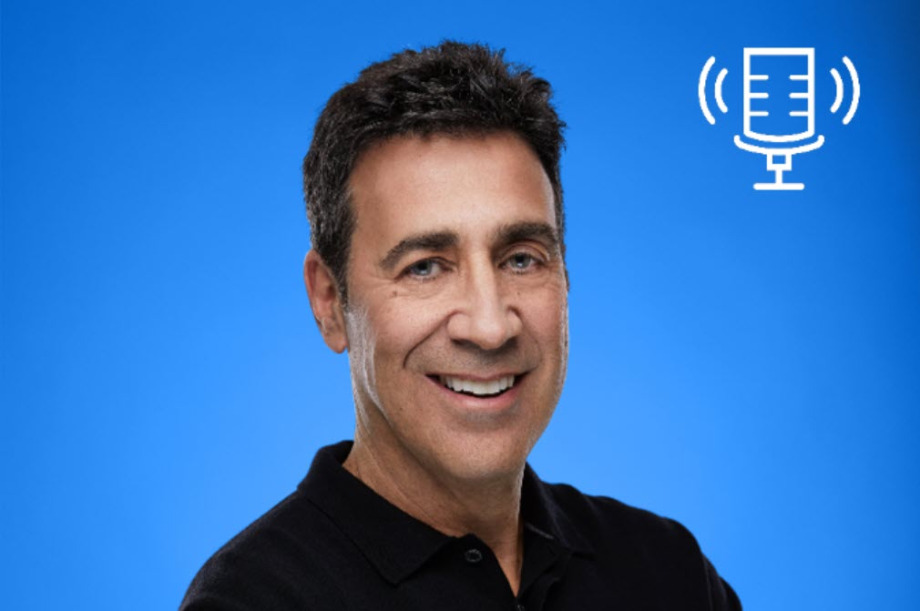One part of adulting many young people struggle with is choosing to act in financial responsible ways. Here, three professionals early in their careers share their adulting journey.
Fiona Anderson, 22, Media Relations Advisor
Q: When did you first start to think about learning more about personal finance?
Fiona: While I was introduced to components of personal finance at university, it wasn’t until I began my career that I was completely financially independent. I had aced my philosophy and accounting classes; I could write an essay discussing the latest business trends — but ask me the difference between an RRSP and a TSFA? I would have to ask my friend Google. To my university self, these scary bolded letters meant jam-packing my suitcase during the Holidays with my parents’ pantry to avoid having to buy groceries for the week. But now, it’s navigating a whole new world of credit scores, RRSPs, TFSAs, and investments.
This recent transition from graduation into my career sparked a major reality check in how I managed my finances. I started meeting with a financial advisor, learned how to create a budget, created short and long-term financial goals, and learned to invest my money.
Unfortunately, I believe most people in my generation are undereducated on the best personal financial practices. During conversations with peers, I’ve learned many choose to save very little while maxing out credit cards and only making minimum payments.
However, this isn’t to say it’s their fault. When I was in school, there was no financial literacy curriculum or programs. It was really up to me to seek an understanding of the best way to manage my income, and it can be a tough topic to navigate.
Michelle Semler, 24, Project Manager
Q: What is one of the biggest lessons you have learned about managing your personal finances?
Selmer: My biggest lesson has been learning to start tracking all of my expenses (yes, that $3 snack purchased with cash counts).
When it comes to budgeting I think it is easy to turn a blind eye to certain small expenses, but these add up every month. There are so many useful tools that can help you track your expenses and it wasn’t until I got the big picture of my spending habits and started monitoring my transactions that I realized where it was possible to cut back and have a more effective budget.
With all of this data at my fingertips, I can now make more informed and realistic monthly budgets, which helps lower my financial stress and better plan for my future goals.
Tyler Kuz, 22, Co-op Intern
Q: What tips have you learned for young people wanting to be financially responsible?
Kuz: First, set short-term and long-term financial goals.
When we set short-term and long-term financial goals, we create a path that guides our decisions to future financial success by establishing achievable outcomes that we can reach along our journey.
Second, develop a realistic personal budget that will enable you to achieve your goals.
Develop a detailed budget that will allow you to capture your goals by being realistic with your current financial situation and consciously evaluating potential unexpected costs in the near future. Many people might have a “mental budget” in their minds, however, utilizing digital tools can help realize your goals and hold you accountable.
Third, educate yourself.
Use trusted online resources like the free McGill Personal Finance Essentials course. This is a resource taught by McGill professors and developed in partnership with RBC and The Globe & Mail. Or you can find a financial planner you trust and start asking questions. Professionals love sharing best practices, providing transparent advice, and finding valuable solutions for others to make a positive impact on their financial wellness.
Last, start saving early and contribute often.
While it may seem difficult, starting to save money early is incredibly important for setting ourselves up for future success and limit reliance on future borrowing.
This article is intended as general information only and is not to be relied upon as constituting legal, financial or other professional advice. A professional advisor should be consulted regarding your specific situation. Information presented is believed to be factual and up-to-date but we do not guarantee its accuracy and it should not be regarded as a complete analysis of the subjects discussed. All expressions of opinion reflect the judgment of the authors as of the date of publication and are subject to change. No endorsement of any third parties or their advice, opinions, information, products or services is expressly given or implied by Royal Bank of Canada or any of its affiliates.



















